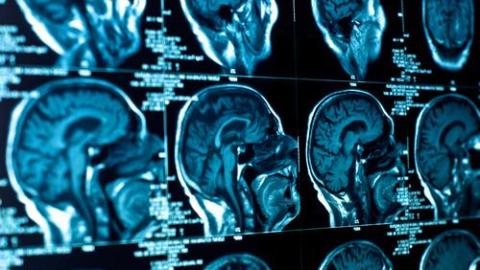What Do Brain Scans Really Tell Us About Ourselves?

What’s the Latest Development?
Brain scans offer a tantalizing view of consciousness because, like photographs, they aspire to accurately represent reality. But just as photography has its limits, fMRI machines are not yet up to the challenge, says author Jan Estep who had her own brain scanned while learning what modern technology can and can’t tell us about ourselves: “In fact, the fMRI machine is just a tool: It records blood-oxygen levels in the brain as subjects respond to specific stimuli, then algorithmically manipulates the experimental data to produce an overall image, which scientists must then interpret.”
What’s the Big Idea?
Since 2009, when fMRI scans were used as evidence in a criminal trial for the first time, scientists and legal scholars have attempted to better define the scope of their legitimate use. A significant barrier to the ability of scans to explicate the relationship between certain cerebral regions and certain kinds of behavior is the fact that as the brain becomes more habitual at certain tasks, it uses blood and oxygen more efficiently. A larger issue is that of responsibility: If we locate our faults in our biology, what becomes of an individual’s will or society’s attempts to rehabilitate those who have erred.
Photo credit: Shutterstock.com





